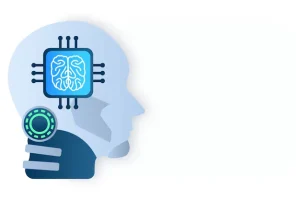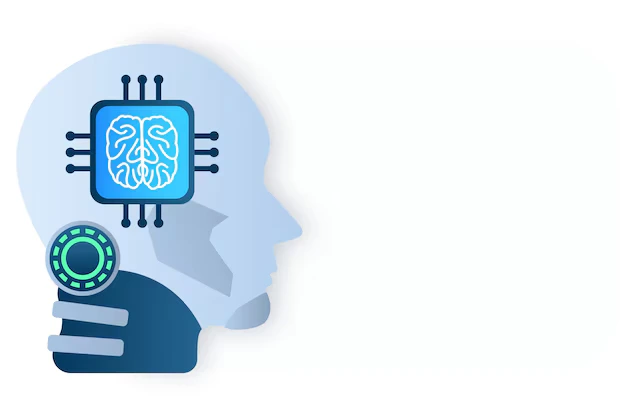Search Engine Optimization (SEO) has evolved significantly with the integration of Artificial Intelligence (AI) and Machine Learning (ML). Search engines like Google now use AI-driven algorithms, such as RankBrain and BERT, to improve search results, making SEO more dynamic and user-focused. Here’s how AI and ML are shaping modern SEO:
1. AI-Powered Search Algorithms
Google’s AI-based systems analyze search queries, user behavior, and content relevance to rank websites more effectively.
- RankBrain: Google’s first AI-powered algorithm helps process unfamiliar search queries and understand intent.
- BERT (Bidirectional Encoder Representations from Transformers): Improves search results by understanding the context of words in a query.
- Helpful Content Update: Focuses on promoting valuable, user-focused content instead of keyword-stuffed pages.
2. Smart Keyword Research & Content Optimization
AI tools like Surfer SEO, Clearscope, and SEMrush help marketers:
- Identify high-ranking keywords.
- Optimize content based on search intent and semantic relevance rather than just keyword density.
- Generate AI-assisted content suggestions for better engagement.
3. Voice Search & Conversational AI
With the rise of voice assistants (Siri, Google Assistant, Alexa), search queries have become more conversational and long-tail. AI helps optimize for:
- Natural Language Processing (NLP) to match spoken queries.
- Featured snippets and zero-click searches that provide instant answers.
4. User Experience (UX) & Personalization
AI-driven SEO enhances UX by improving:
- Page speed (Google’s Core Web Vitals).
- Mobile-friendliness through responsive designs.
- Personalized search results, tailored to user behavior and preferences.
5. Automated SEO & Technical Enhancements
AI-powered tools assist in:
- Automating meta tags and alt text generation.
- Detecting and fixing broken links & crawl errors.
- Analyzing backlinks and predicting SEO trends with data-driven insights.
6. Predictive Analytics & Competitor Insights
Machine Learning helps marketers:
- Analyze competitor strategies and identify ranking opportunities.
- Predict future SEO trends based on historical data.
- Improve CTR (Click-Through Rate) by testing different headlines and meta descriptions.
7. AI-Generated Content & Ethical Considerations
While AI-generated content is growing (ChatGPT, Jasper, Copy.ai), search engines emphasize human-like, high-quality content. Over-reliance on AI-generated text may lead to penalties if not reviewed and refined properly.
AI and ML have transformed SEO from a keyword-based approach to an intent-driven, user-centric strategy. Businesses must leverage AI tools while maintaining authenticity and quality content to stay competitive in modern SEO.






Leave feedback about this